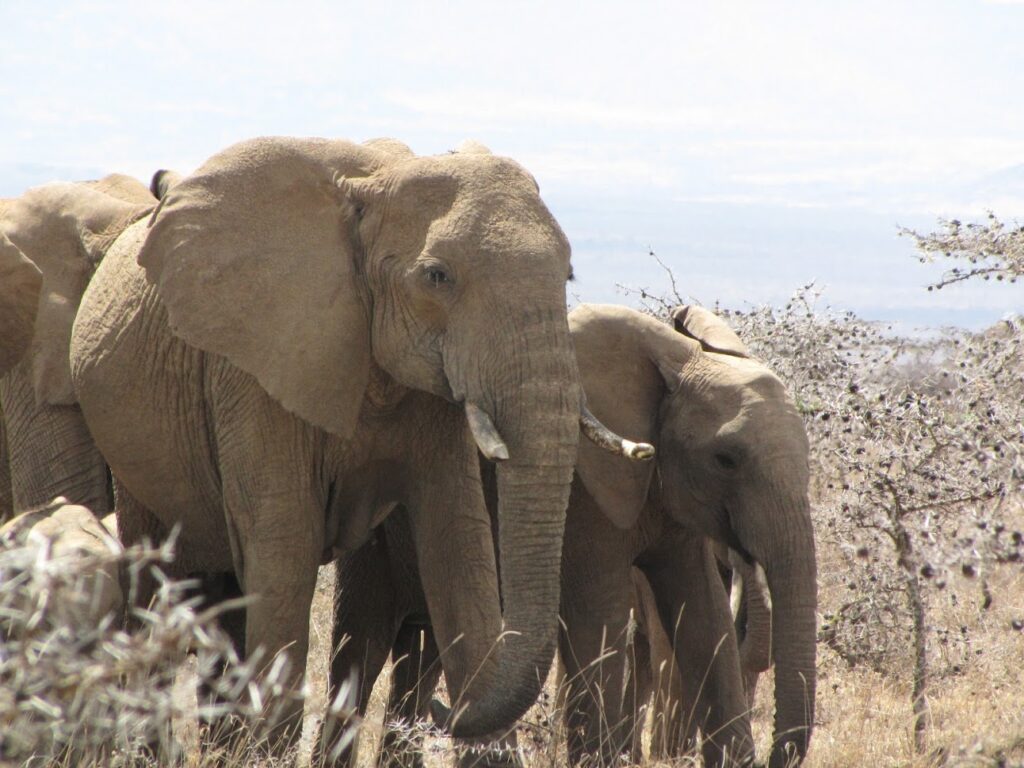Savanna Soil Carbon – investigating biological climate resilience

Location: Lancaster University, Lancaster Environment Centre
Duration: 6-10 weeks
Join us at Lancaster University and the Centre for Ecology and Hydrology UK for a fully funded 10-week Research Experience Placement in the laboratory with our experts to get new skills and make new networks (eligibility requirements apply).
Savanna ecosystems occupy 20% of the Earth’s land surface and are characterized by open canopied mixed woodland-grassland with seasonal rainfall in tropical and sub-tropical regions. They are also reservoirs of globally important biodiversity and carbon that are strongly influenced by the combined effects of grazing, fire and climate. Savannas are critical for human livelihoods and wellbeing, with over 1 billion people reliant on resources or services that these landscapes provide. These include the provision of food, fuel and fibre from natural and managed savanna ecosystems. The co-evolution of savannas and humans has occurred over more than 200,000 years.
Soils underpin the delivery and sustainability of the form and function of these environments with soil biotic communities actively regulating biome scale vegetation dynamics, greenhouse gas emissions, and carbon sequestration. These ancient and valuable systems are, however, under pressure from increasing human activity and over-exploitation and changes in fire and climatic regimes. Together these drivers have the capacity to significantly alter savanna biodiversity and biogeochemical function with implications for dependent human welfare and happiness. Specifically, there is considerable uncertainty regarding the potential individual and interactive impacts of these phenomena on the biological and biogeochemical resilience of the underlying soils.
This project will improve understanding of the effects of grazing, fire and climate change on savanna soil biology, carbon cycling and resilience to disturbance. Research is on savanna soil ecosystems in South Africa that typify sub-tropical seasonal drylands found across the planet. Specifically we want to test the biotic and functional resilience of savanna soils to climate stress.
Soil cores have been sampled from experimental plots in Kruger National Park, South Africa. These will be part of a controlled laboratory experiment to test the resilience of soil to drought stress. Measurements will include soil microbial community structure/abundance and respiration. The samples have already been collected so all work is lab based, with some data analysis whilst working closely with an Envision PhD student.
Placement experience:
- Joining a vibrant lab group
- Participating in research discussions
- Working on a controlled experiment
- Soil processing and analyses
- CO2 flux sampling
- Microbial analyses – biomarker extraction
- Basic data analysis
- Training
To apply
We encourage applications from students from all backgrounds. Please check you meet the eligibility criteria before completing the online data collection form; this form is a mandatory part of the application process, but contains ‘prefer not to say’ options for all questions asked.
Once you have completed the online data collection form you will receive an email with the application form and details of how to apply to the supervisor. The application form should be completed and emailed to the lead supervisor along with a reference from your personal tutor.
